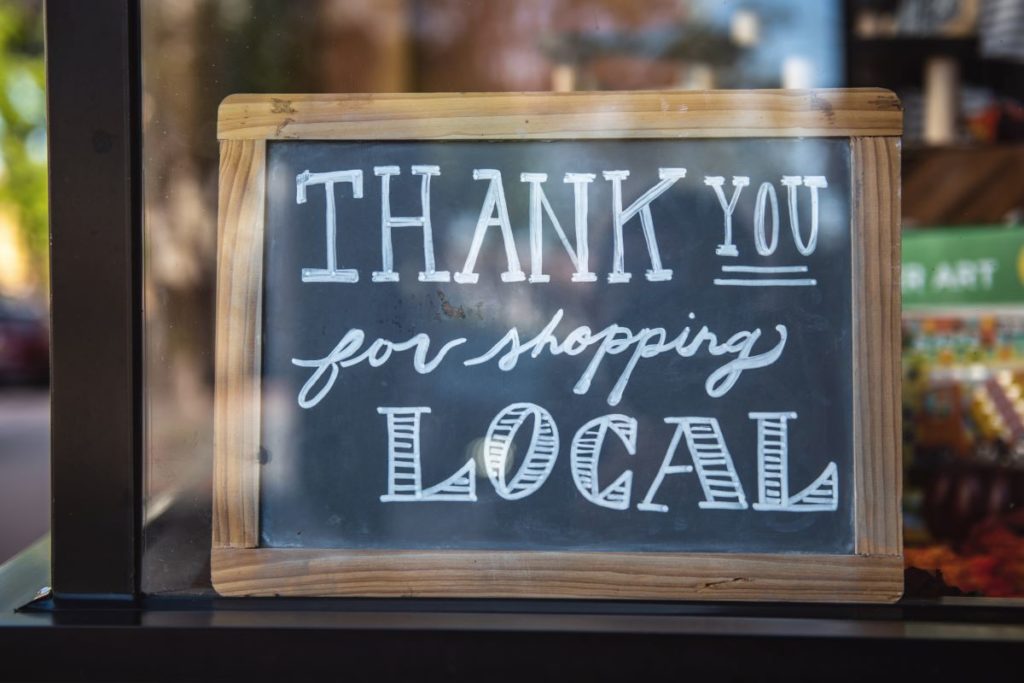The COVID-19 virus has significantly impacted businesses all over the world. Governments have allowed the continued operations of essential businesses that handle daily necessities like supermarkets and pharmacies. However, retail companies were put in a tough spot. The norm of retail store owners, employees, and customers changed seemingly overnight.
Since the retail industry heavily relies on customer interactions, it is one of the sectors that is heavily affected by the quarantine rules and orders. Most establishments have been temporarily shut down to prevent the further transmission of the highly infectious disease. Although the sector is said to be an economic heavyweight, contributing to almost 5% of GDP and responsible for the employment of about 1 in 12 workers, the pandemic has left employees and business owners struggling and jobless. Since the pandemic started, 33.5 million U.S. citizens applied for unemployment insurance.
COVID-19 and Its Impact on Retail Businesses
Due to the circumstances, global retail sales were expected to decrease by 5.7 percent. Fortunately, the sales of consumer packaged goods in countries with the most cases have increased due to the high demand for supplies and goods being hoarded to prepare for quarantines and lockdowns. More people are determined to buy out entire supermarkets in hopes of surviving the next few months locked in their homes.
Other retail owners and employees, especially small businesses that are considered non-essential, are forced to adapt to the current situation to the best of their abilities. With physical platforms for these businesses gone, store owners have come to terms with finding a different venue for their livelihood. This is where the internet comes in.
E-commerce has reached its peak because customer transactions have been transferred online to cope with the pandemic. Consumers now prefer contactless payments and deliveries, 22% of which purchase products through digital payment cards and electronic wallets all over the world. These methods allow a safe and secure way of paying online without the risk of exposing your bank account details. It is also more convenient since some digital payment methods accommodate different currencies. As a result, most retail businesses are back and active once again, albeit not in their brick-and-mortar stores.

How COVID-19 SOPs Can Boost Sales and Consumer Confidence
For businesses that cannot move to online platforms, standard operating procedures have been formulated to boost sales and consumer confidence. These SOPs are detailed directives for how workers should perform routine operations while considering regulations such as social distancing and the wearing of masks. Updating store guidelines is crucial to align procedures with the current situation. Establishments are encouraged to strictly promote the health and safety of their employees and customers.
SOPs also contribute to employee productivity and product quality. Although work environments have been disrupted, health protocols create psychological safety for employees who are also at risk of exposure. They can work better and stay motivated if they feel protected.
Consumer’s standards have also risen because of the cautiousness brought about by COVID-19. With the firm observance of health and safety protocols, your products and services will more likely seem appealing to consumers as customers will feel more confident at purchasing at your store. And as consumer trust and satisfaction continues to increase, so will your profit.
Positively Shifting Your Business Operations in the Face of COVID-19
Here are some of the most critical SOPs that your businesses will need to implement to promote your employees’ and customers’ protection and welfare.
- Designate specific areas for handwashing and alcohol or hand sanitizer stations for both your customers and employees.
- Social distancing should strictly be implemented throughout the workday. Create markings on the floor or put up barriers where they are needed.
- Have employees wear face masks and/or face shields at all times, especially when dealing with customers.
- Customers without face masks and/or face shields should not be allowed to enter the establishments.
- Create signs indicating the store’s occupancy limit and safety reminders for the customers to follow.
- Ensure the training of your employees regarding the COVID-19 protocols, sanitation, and hygiene. Create plans and strategies in dealing with customers during shifts.
- Make sure staff who are experiencing symptoms will remain at home.
Overall, cooperation and patience are needed to overcome the challenging situation that we are all facing today. Always make sure to be aware and conscious of your tasks and interactions, especially in your businesses. The ability to stay sharp and adapt to whatever difficulty you and your company might encounter is critical to your success.

